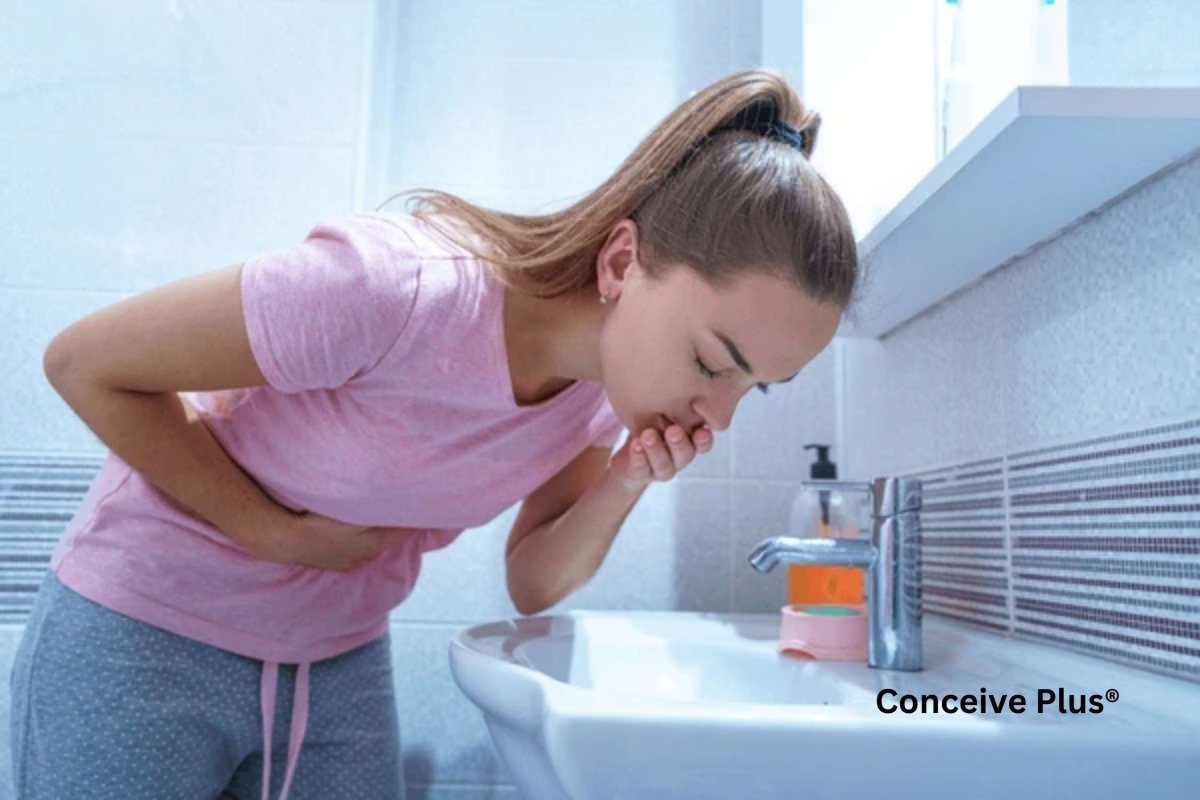15 DPO Symptoms: What to Expect and When to Take a Pregnancy Test

When trying to conceive, you can feel a roller coaster of emotions as the expected period date approaches. Many women go for a pregnancy test after 15 DPO (days post ovulation). But is it the right time to take a pregnancy test? What other signs should you look for? In this article, we will answer all your questions about 15 DPO symptoms and help you decide the right time for a pregnancy test.
Understanding 15 DPO
Two weeks after ovulation occurs, 15 DPO is an important phase in your menstrual cycle. If you’re trying to conceive, you must be ready to experience some unexpected symptoms. Here are the phases your body goes through:
- Follicular Phase: This phase starts on the first day of your period and lasts until ovulation. If you have a 28-day cycle, the follicular phase typically lasts around 14 days. This is when your body prepares for ovulation by increasing estrogen levels and thickening the uterine lining. This is usually a sign of a pregnancy.
- Luteal Phase: This phase begins after ovulation, around day 14 in a 28-day cycle. It lasts until the start of your next period. During the luteal phase, your body produces more progesterone to support a potential pregnancy. If implantation of a fertilized egg occurs, your body will start producing human chorionic gonadotropin (hCG) in excess. Notably, it is the same hormone that’s detected by pregnancy tests [1].
15 DPO Symptoms
By 15 DPO, you may start to notice various symptoms, some of which could indicate early pregnancy. However, it's important to remember that symptoms can vary widely. This means you may not experience the same signs as others after 15 days past ovulation.
A Missed Period
One of the most common signs of pregnancy at 15 DPO is a missed period. Your regular period date has already arrived. So, if you are late on your period, you'd better take a pregnancy test. However, remember that other factors like stress or hormonal imbalances can also cause a delayed period.
Breast Tenderness
Breast tenderness is a common symptom both before your period and in early pregnancy. At 15 DPO, you might notice your breasts feeling sore, swollen, or more sensitive than normal. The instant increase in hormone levels, especially progesterone, is the reason for your breast tenderness. Progesterone is an important hormone to support early pregnancy.
Frequent Urination
If your bathroom trips are becoming more than frequent at 15 DPO, it might be a sign of pregnancy. It could be due to the increased blood flow and kidney activity that happens during early pregnancy. However, if your frequent urination is slightly painful, it might indicate another medical issue, such as a urinary tract infection (UTI) [2].
Mood Swings
Mood swings are common in the luteal phase. They even happen during your menstrual cycle. These are due to the hormonal fluctuations. Feeling more emotional than usual is another one of the 15DPO symptoms. If you’re feeling more sensitive, give yourself some time. Remember, these mood swings are quite normal and part of the process [3].
Spotting
Light bleeding or spotting can be frightening, but it’s quite common. At 15 DPO, spotting could be a sign of implantation bleeding. It is usually light and doesn’t last long. However, spotting could also indicate the start of your period, particularly if your cycle is longer than 28 days.
Can You Take a Pregnancy Test at 15 DPO?
The short answer is yes, you can take a pregnancy test at 15 DPO. By this point, if you are pregnant, your body has likely produced enough hCG for the test to detect. However, the accuracy of the test can depend on several factors, including the sensitivity of the test and the concentration of hCG in your urine.
When to Take the Test
Most doctors recommend taking a pregnancy test on the first day of your missed period. For many women, this comes exactly at 15 DPO. If you haven’t missed your period yet but are eager to test, it’s best to take the test first thing in the morning. It is when your urine is most concentrated. This increases the chances of detecting hCG, allowing to have a more accurate result.
What if You Have No Symptoms at 15 DPO?
It’s also important to note that not everyone will have obvious 15 DPO symptoms, and that’s completely normal. Some women don’t start experiencing pregnancy symptoms until several weeks after conception. If you’re trying to conceive but still haven’t noticed any symptoms at 15 DPO, just wait. Each pregnancy is unique, and having no 15DPO symptoms isn’t necessarily a concern.
The Bottom Line
If you’ve missed your period by 15 DPO, it may be time to take a pregnancy test. While it's early to notice significant physical changes, understanding future milestones like the 10 week size uterus can help you prepare for the journey ahead. But remember, a positive result may still need more time. Additionally, taking prenatal vitamins or fertility supplements with ingredients like folic acid and CoQ10 can support your body's preparation for pregnancy. So, if you feel uncertain or need support, contact your healthcare provider for what to do next. Also, follow Conceive Plus for more such informative posts on pregnancy.
Resources
- Monis CN, Tetrokalashvili M. Menstrual Cycle Proliferative And Follicular Phase. [Updated 2022 Sep 12]. In: StatPearls [Internet]. Treasure Island (FL): StatPearls Publishing; 2024 Jan-. Available from: https://www.ncbi.nlm.nih.gov/books/NBK542229/
- https://www.medicalnewstoday.com/articles/frequent-urination-during-pregnancy#what-to-do
- https://www.mayoclinic.org/healthy-lifestyle/getting-pregnant/in-depth/symptoms-of-pregnancy/art-20043853













